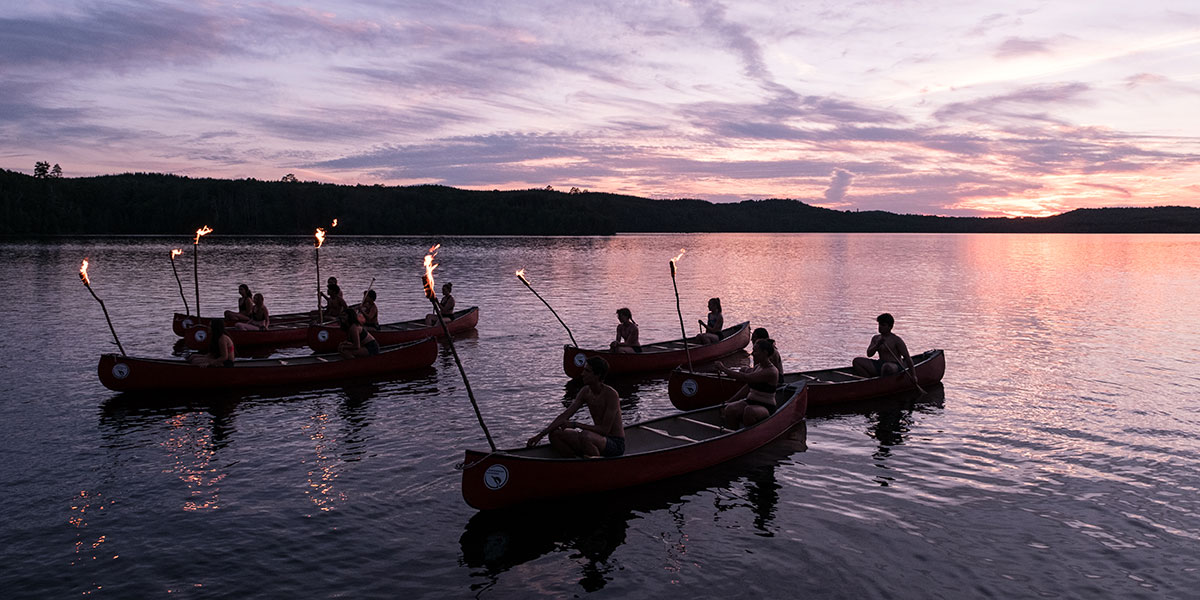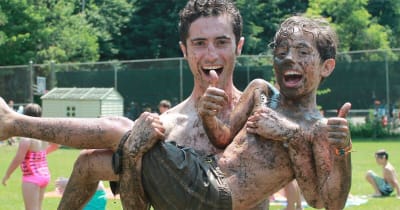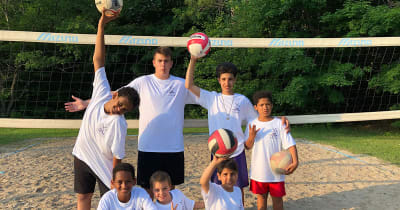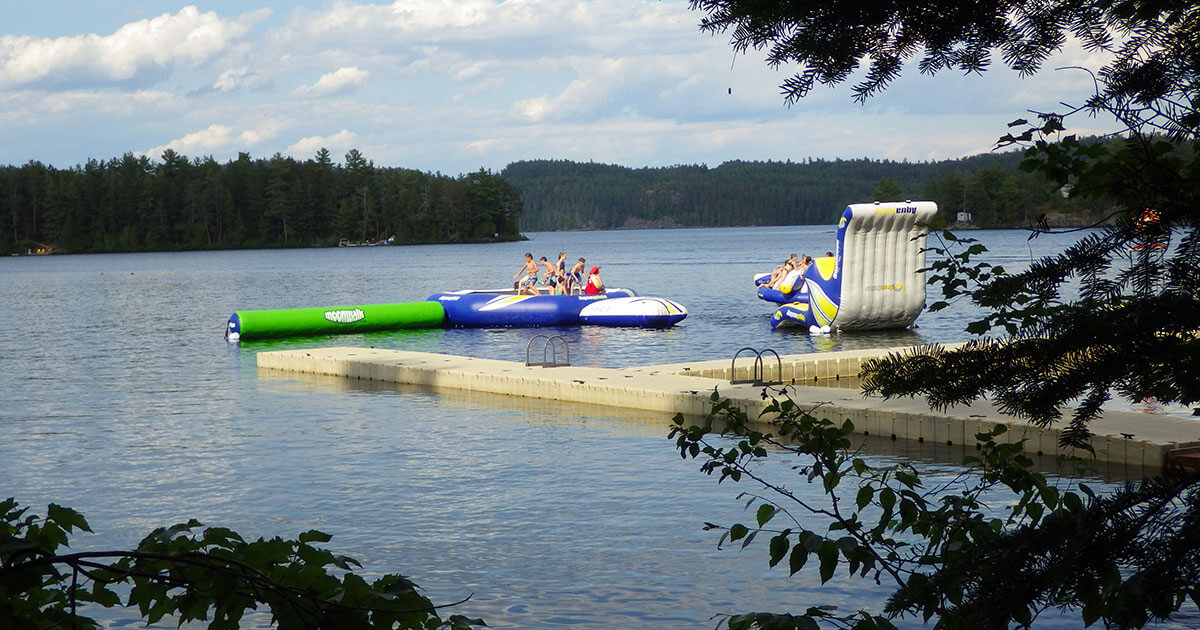Is it worth it? For her it was. All activities come with a cost. Few, it can be argued, can have the same impact that camp experiences do. They are equal parts challenging, social, fun, rewarding, and educational. Were she asked outright, Maddy Wells would say that, yes, the experience was worth the investment. It didn’t deliver a degree, or a job opportunity, but it fundamentally changed the way that she interacts with the world, given that it changed the way that she saw herself.
For parents and campers, that’s the kind of value proposition. From canoe trips through the bush to coding classes with peers and mentors of a like mind, camp is worth it because it is empowering in unique and important ways. It’s not magic, but rather how kids and staff interact within these environments. “[Kids] are connecting to [camp] at the emotional level,” says Tom Potter, associate professor at Lakehead University in Thunder Bay, Ontario. “They’re getting instant and immediate feedback, so if they do something well, they’ll get feedback; if they’re sailing a sailboat and it’s going in the right direction, they’ll get feedback on that,” Potter says.

Pam Lamont has directed Camp Mi-A-Kon-Da for three decades. She says emphatically, “I believe sincerely in the educational, social, and recreational values of camping. Camp provides an ideal environment for a young woman to grow and mature feeling valued, confident, and capable.”
Kids, for their part, often have a different way of expressing it. “I was very, very shy,” says Colin Robertson of his first summer at Camp Nominingue. He was 11 that year, and it was his first experience of camp—his first experience of spending a week away from home. He says it was a big deal, both for him and Susan Fisher, his mom: “I was very unsure of myself, about what I enjoyed, what I wanted.” Still, he went and was back the next year, and the next. After more than a decade of involvement—he’s been camper, staff, and mentor—he still finds reasons to go. “It wasn’t like camp changed me overnight, but every time I went back, I grew a bit more.”
Both Colin and Susan are cautious about the idea that camp made him who he is today. It’s not quite that. Rather, they feel that camp helped him bring his skills and his personality forward, granting him the kind of confidence necessary to pursue the Rhodes Scholarship, and indeed much else. Susan says that “what it does is that it brings the best out of you.”
“There are so many opportunities that allow kids to feel good about themselves,” says Grant McKenna, director of Camp Nominingue, about what the camp experiences are particularly adept at delivering. “Gaining confidence and developing independence; skill building and gaining a sense of achievement—it’s about giving kids a chance to be independent from home in a safe and controlled environment. I think that has to be what camp does the best.”
There isn’t a child in the world who needs to know how to paddle a canoe or tie six knots in less than a minute. But imagine how they would feel if they could. They’d probably feel great, which, for many camp directors, is precisely the point.
“That’s the difference between camp and school,” says Chris Tompkins, executive director at Muskoka Woods. “When we introduce a new activity, or a new program, you always hold it against the objective of camp,” which, for him, is having fun, trying new things, and building friendships. “We’re always asking, ‘Is what we’re doing actually accomplishing those things?’ ... That’s how we evaluate what we do. There is a social growth aspect to camp: going away from home, becoming independent, having to navigate around with other kids. … You need to navigate when to take a shower, keep your room clean. … We know what we want to see happen; we then build the programs with that in mind.”








